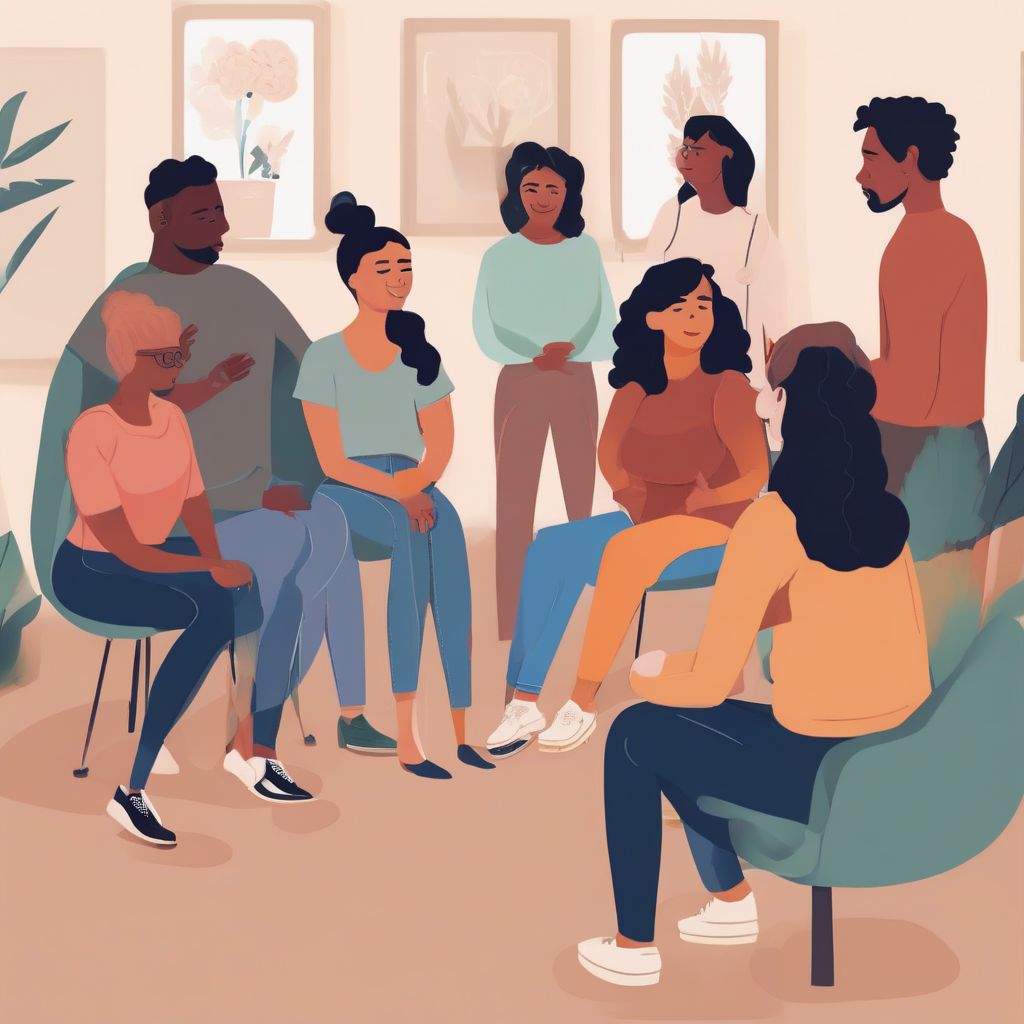Are you or a loved one struggling with an eating disorder in Austin? The journey to recovery can feel overwhelming, but you don’t have to face it alone. Austin is home to a compassionate and comprehensive network of eating recovery centers dedicated to helping individuals find lasting freedom from these complex conditions. This guide will explore what you need to know about eating disorder treatment in Austin, connecting you with the resources and support to start your journey towards healing.
Understanding the Need: Why Choose an Eating Recovery Center in Austin?
Eating disorders are serious mental health conditions that impact not just your relationship with food but also your physical and emotional well-being. From anorexia nervosa and bulimia nervosa to binge eating disorder and other specified feeding or eating disorders (OSFED), these illnesses require specialized care.
Why is an eating recovery center essential?
- Comprehensive Treatment: Eating disorder centers offer a multidisciplinary approach, combining therapy, nutrition counseling, medical monitoring, and psychiatric care to address all aspects of the illness.
- Structured Support: The structured environment of a residential or partial hospitalization program provides the safety and support necessary for individuals to focus on recovery without the triggers and stressors of everyday life.
- Specialized Expertise: Clinicians at eating recovery centers have dedicated their careers to understanding and treating eating disorders. They are equipped with the latest evidence-based therapies and a deep understanding of the unique challenges these conditions present.
Navigating Your Options: Types of Eating Recovery Centers in Austin
Austin offers a range of eating disorder treatment options to suit varying needs and levels of care:
- Inpatient or Residential Treatment: These programs provide 24/7 care and support for individuals who need a high level of structure and medical monitoring.
- Partial Hospitalization Programs (PHP): PHPs offer intensive daytime treatment while allowing individuals to return home in the evenings. This provides a step down from residential care or a step up from outpatient treatment.
- Intensive Outpatient Programs (IOP): IOPs offer a structured treatment schedule several days a week, providing flexibility for individuals who are working or attending school.
- Outpatient Therapy: Individual and group therapy with specialized eating disorder therapists are crucial for ongoing support and relapse prevention.
What to Expect at an Eating Recovery Center in Austin
When you choose an eating recovery center in Austin, you’ll find a compassionate and supportive community ready to walk alongside you on your journey to recovery. Treatment typically involves:
- Individual Therapy: Work one-on-one with a therapist to explore the underlying causes of your eating disorder, develop coping mechanisms, and challenge negative thought patterns.
- Group Therapy: Connect with others who understand your struggles, share experiences, and build a support system.
- Family Therapy: Involve loved ones in the recovery process to mend relationships and build a supportive home environment.
- Nutrition Counseling: Work with a registered dietitian to develop a healthy relationship with food and create a balanced meal plan.
- Medical Monitoring: Receive regular medical checkups to address any physical health concerns related to your eating disorder.
FAQs about Eating Recovery Centers in Austin
1. How do I know if I (or someone I love) needs treatment at an eating recovery center?
Answer: It’s essential to seek professional help if you or someone you love is struggling with an eating disorder. Signs that indicate a need for higher level of care include:
- Significant weight loss or fluctuations
- Preoccupation with food, weight, and body image
- Restrictive eating patterns or rituals
- Binge eating followed by purging behaviors
- Social withdrawal and isolation
- Physical health complications due to disordered eating
2. Does insurance cover eating disorder treatment in Austin?
Answer: Most insurance plans are required to cover eating disorder treatment, but coverage can vary. It’s crucial to contact your insurance provider to understand your specific benefits and coverage for eating disorder treatment in Austin.
3. What is the success rate of eating disorder treatment?
Answer: With comprehensive treatment and ongoing support, recovery from an eating disorder is achievable. While there is no one-size-fits-all answer, studies have shown that early intervention and individualized treatment plans significantly increase the likelihood of long-term recovery.
vitkhakicampbell.com/wp-content/uploads/2024/08/group-therapy-eating-disorder-66baca.jpg" alt="Group Therapy for Eating Disorder Recovery" width="1024" height="1024">Group Therapy for Eating Disorder Recovery
Taking the First Step Toward Recovery
Choosing to seek help for an eating disorder is an act of courage. Remember, you are not alone, and recovery is possible. If you’re ready to take the first step toward healing, numerous resources in Austin are ready to support you.
Remember: The information in this article is for informational purposes only and is not a substitute for professional medical advice. If you or someone you know is struggling with an eating disorder, please reach out to a qualified healthcare professional for personalized guidance and support.
